While Putin's losses are also unsustainable, at the current pace it would take Russia approximately 118 years to occupy all of Ukraine. Therefore, Putin is expected to seek a deal that serves his ultimate goal: control over Kyiv. According to JP Morgan's geopolitical analysis, 2025 is the year of negotiations, and the endgame has begun.
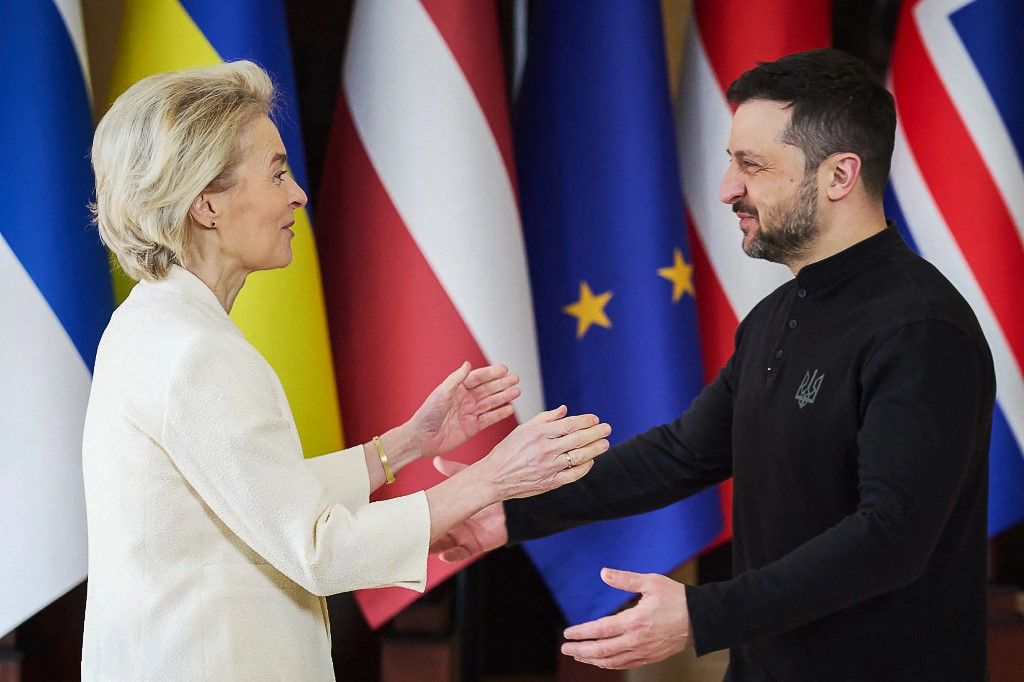
JP Morgan emphasizes that the longevity of any agreement will depend on whether President Putin is satisfied with Ukrainian and Western concessions—did he get enough of what he wanted?
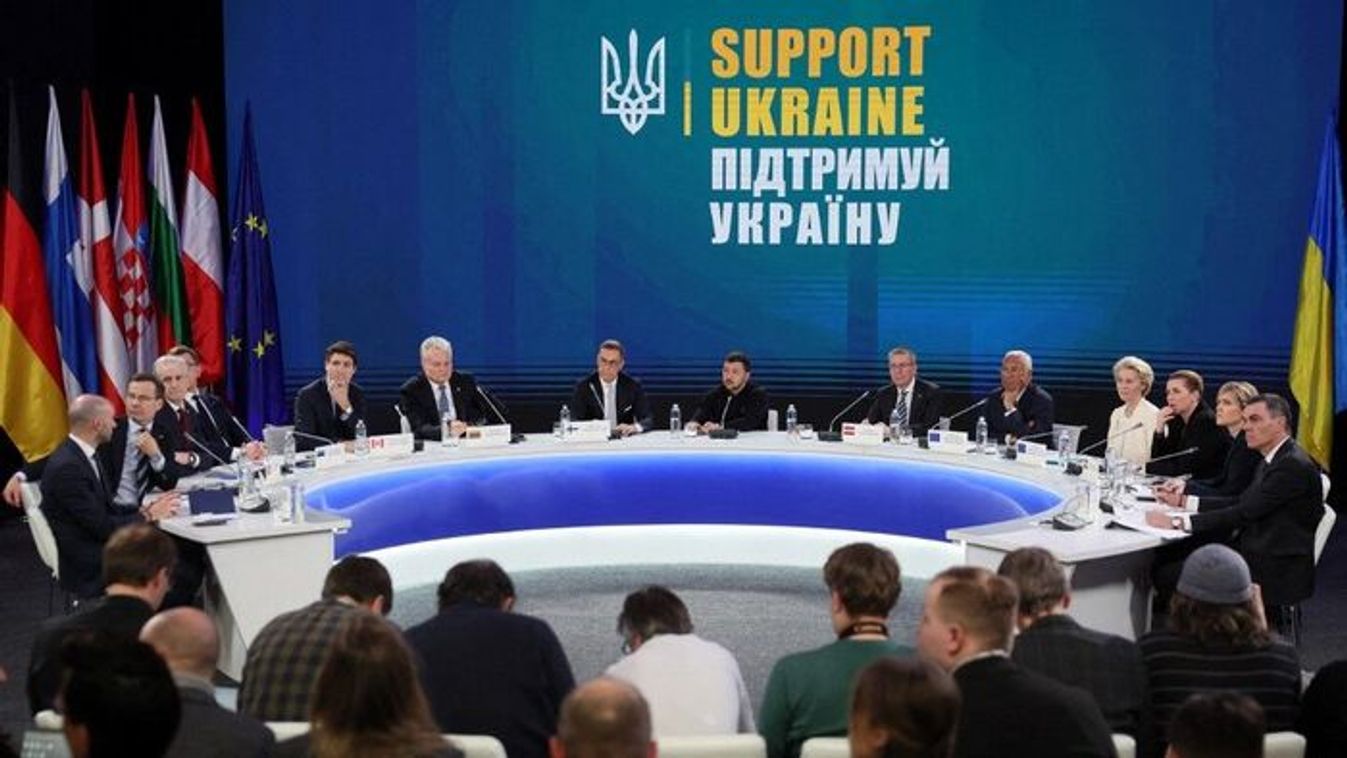

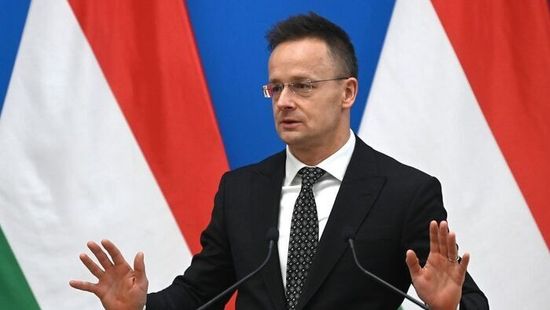
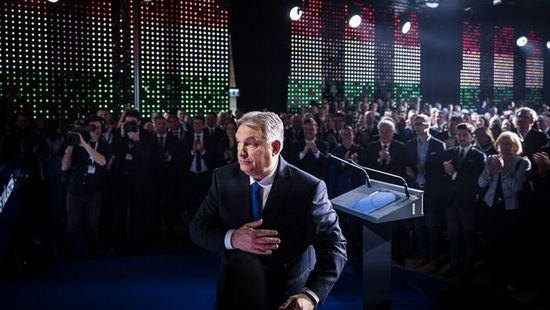
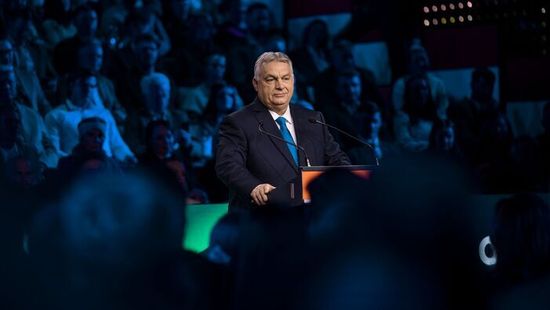

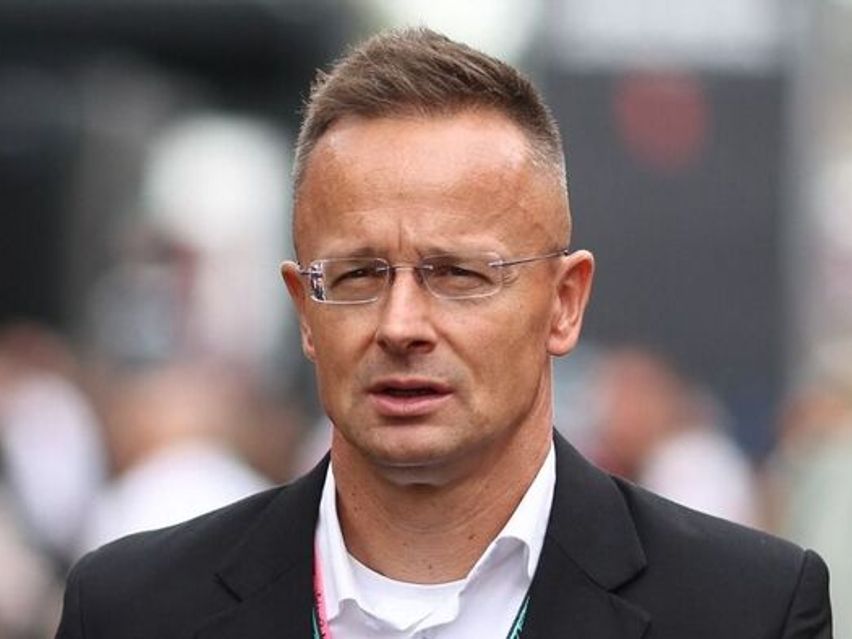
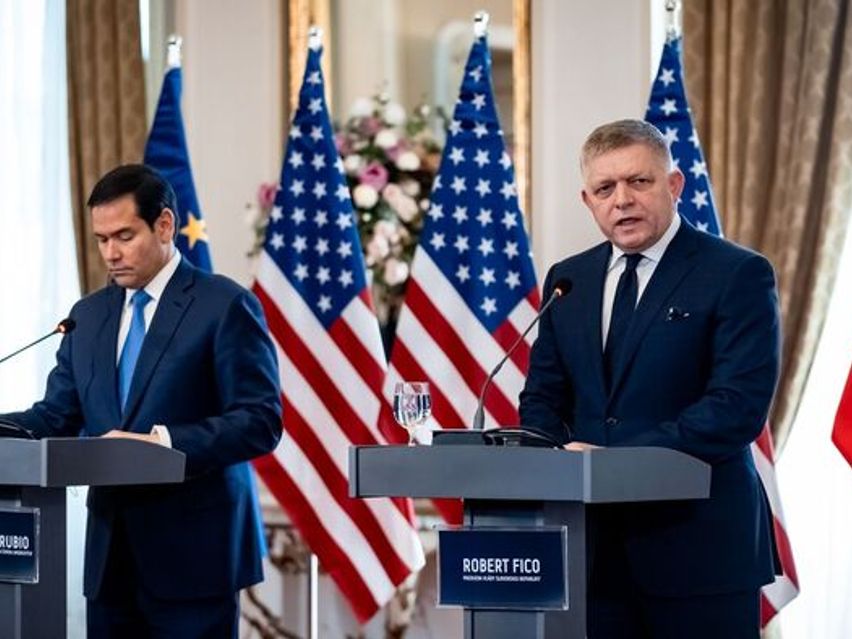
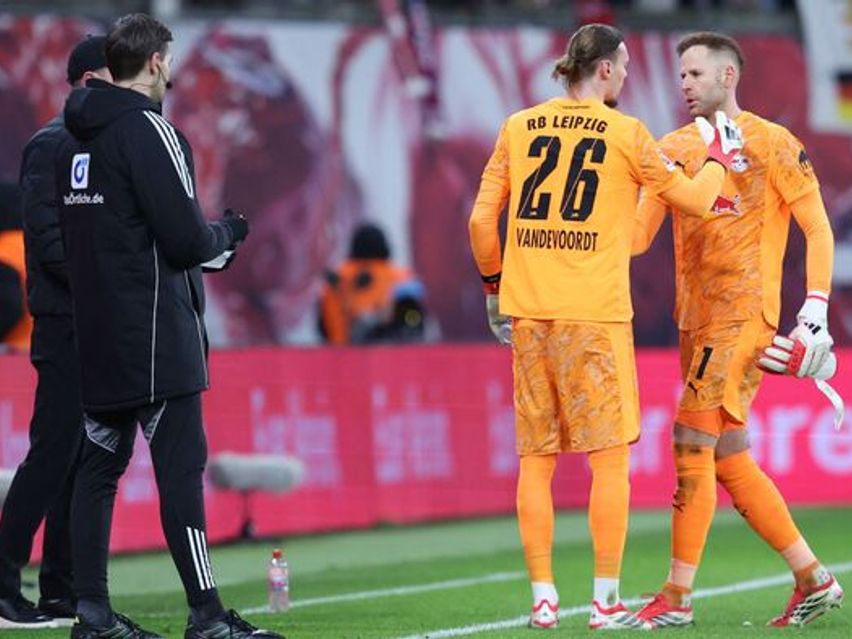
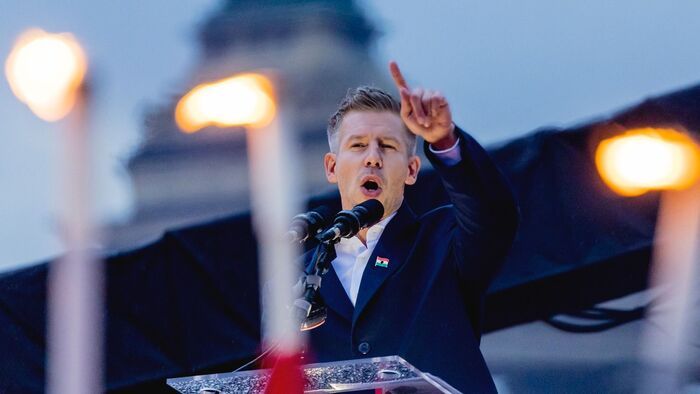

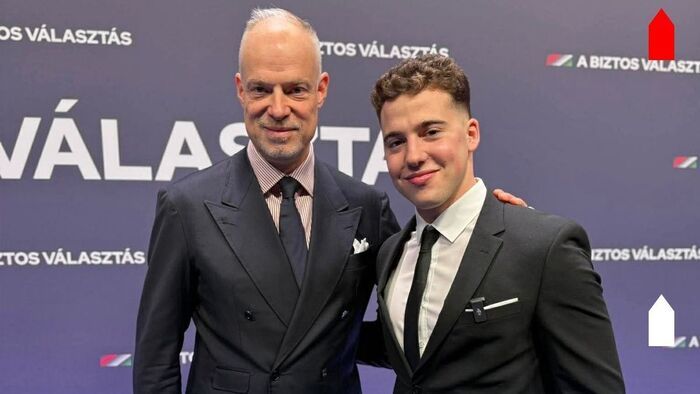



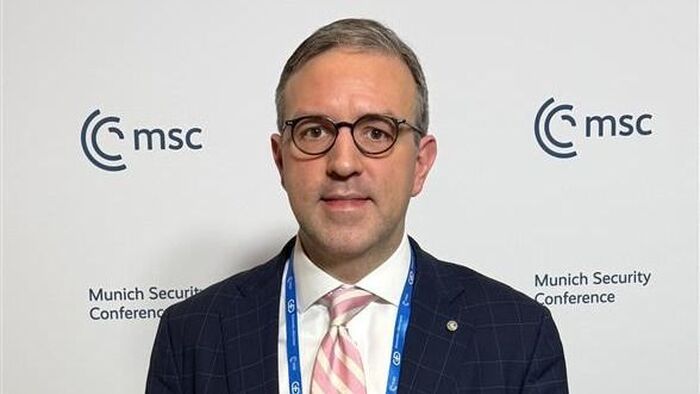
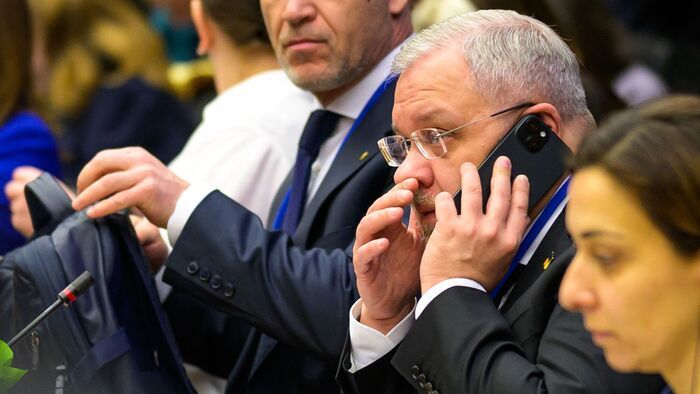
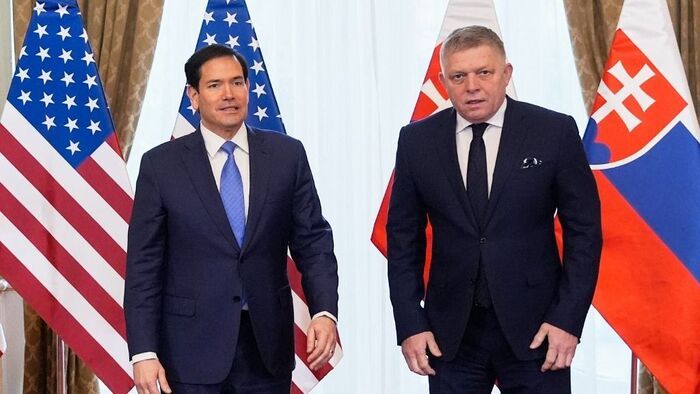





Szóljon hozzá!
Jelenleg csak a hozzászólások egy kis részét látja. Hozzászóláshoz és a további kommentek megtekintéséhez lépjen be, vagy regisztráljon!